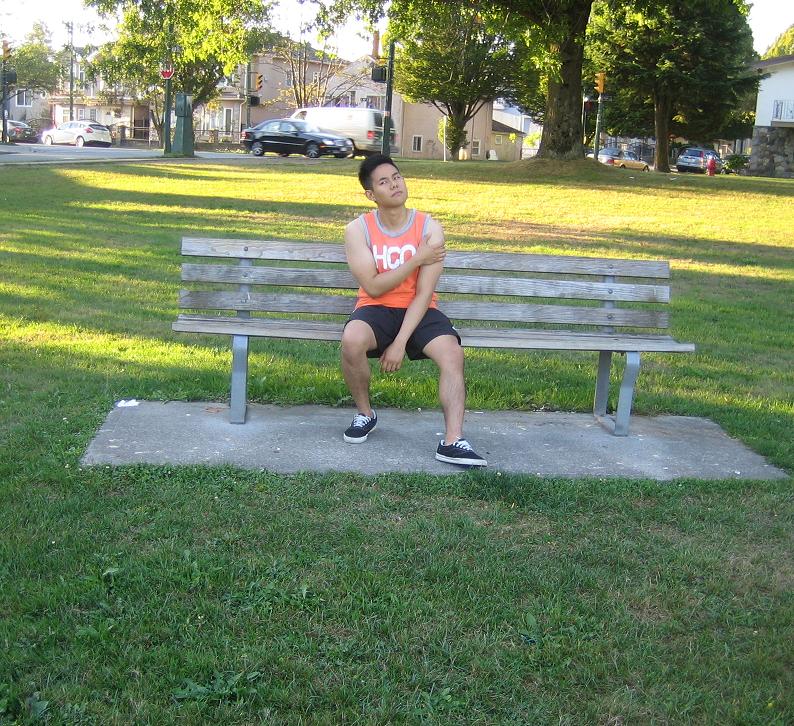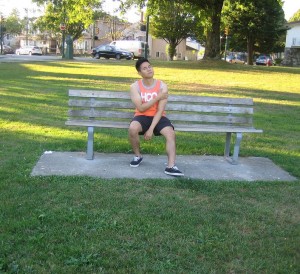Glenohumeral arthritis is also called osteoarthritis of the shoulder. The cartilage known as the articular cartilage which is the protective covering at the ends of the bones on the joint of the shoulder becomes degenerated caused by rubbing of bones against each other. This will result to the formation of osteophytes and cause swelling and severe pain in the shoulder.
Symptoms of glenohumeral arthritis
- Severe pain in the affected area
- Pain due to rubbing of bone in the joint of the shoulder
- Difficulty in sleeping due to severe pain especially at night
- Difficulty and discomfort with movement
- Blockage in the movement of the joint of the shoulder caused by the formation of osteophytes.
- Loss of movement of the joint of the shoulder
Pain due to rubbing of bone in the joint of the shoulder. - Development of muscle atrophy
- Weakness in the rotator cuff
- Tenderness and inflammation in the affected shoulder
- A clicking sound can be heard when moving the shoulder
Causes
- Osteoarthritis, a common type of arthritis in which the cartilage that protects the bone of the shoulders degenerates over time.
- Rheumatoid arthritis causes bone erosion and deformity of the joints caused by damage in the lining of the joints and cause swelling and severe pain.
- Fracture or shoulder dislocation which affects the articulating cartilage in the shoulder and cause progressive injuries to the joint
- The blood supply to the humerus becomes lessened caused by dislocation, fracture or medicinal complication and cause arthritis.
- Severe wear and tear in the rotator cuff and cause inability in holding and supporting the joints and damages the surface of the bone and arthritis known as rotator cuff tear atrophy.
Treatment
- Take plenty of rest especially the affected joint of the shoulder. Rest the affected shoulder by changing the way in moving the arm while performing daily activities.
- Take the prescribed over-the-counter antisteroidal anti-inflammatory medications to lessen the pain and the inflammation.
- Apply moist heat in the form of steamed towels or moist heating packs to lessen the stiffness and the spasms of muscles. Another alternative is soaking a clean facecloth in hot water. Wring out excess water and then place it on the affected area. Taking hot bath or shower is also good for the condition.
- Apply ice pack to the affected shoulder for at least 20 minutes 2-3 times every day to lessen the pain and the inflammation. Place few ice cubes in a plastic bag and then wrap it using a towel before placing to the area.
- Perform regular exercises with the help of the physical therapist to increase the flexibility and strength and restore the range of movement of the affected shoulder.
- Take the prescribed dietary supplements such as glucosamine and chondroitin to lessen the symptoms of the condition.
FACT CHECK
https://orthoinfo.aaos.org/en/diseases–conditions/arthritis-of-the-shoulder
https://www.arthritis-health.com/types/osteoarthritis/what-shoulder-osteoarthritis
https://www.thesteadmanclinic.com/patient-education/shoulder/glenohumeral-arthritis

